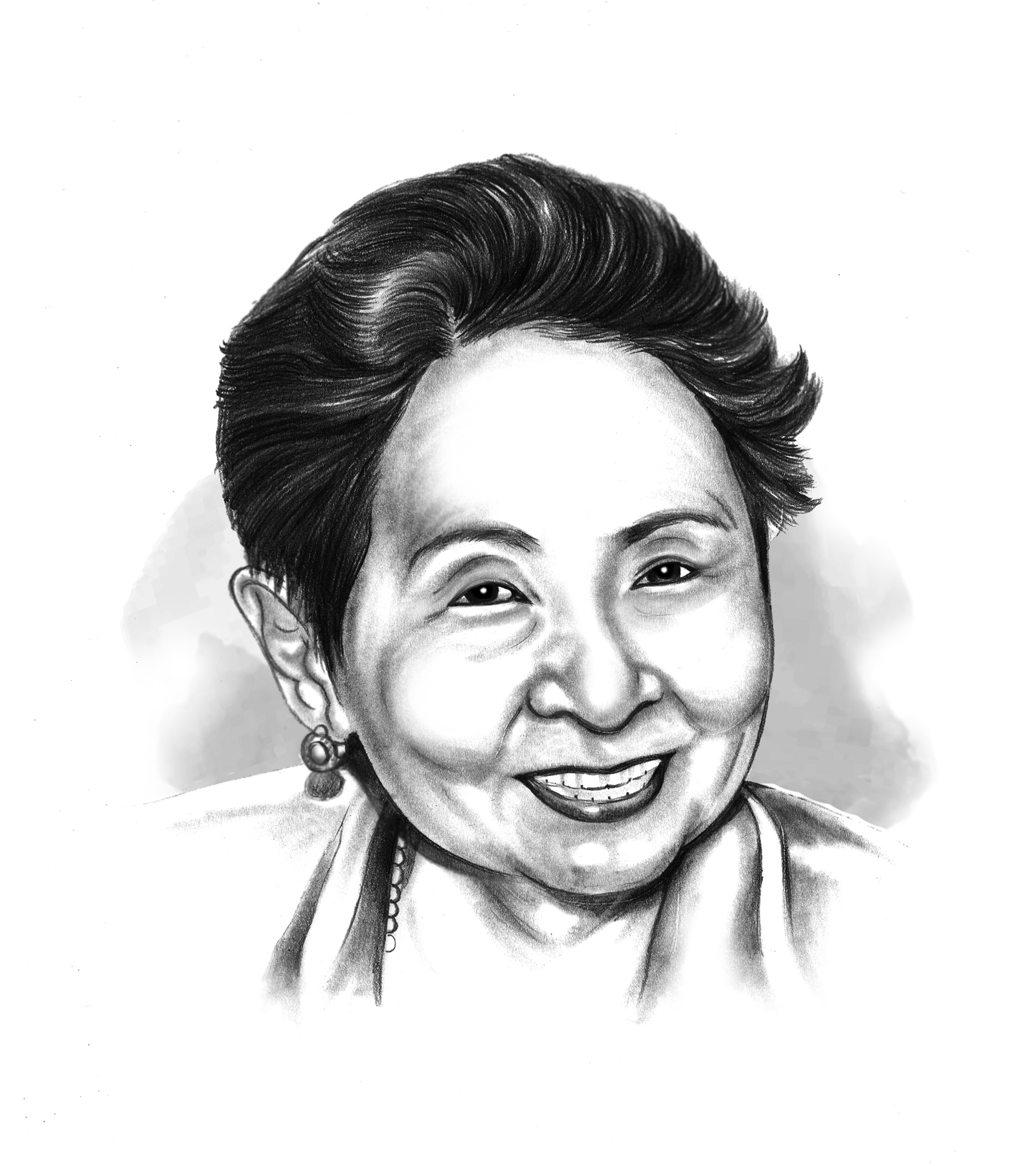PAGBABAGO

At its 30th annual conference last week, AMIC (Asian Media Information and Research Centre) convened some 500 media practitioners, researchers, academics, and information managers at its 30th annual conference held at the Communication University of China in Beijing. Established in 1971, AMIC is an international, non-profit, and non-governmental research hub in media and communication issues to encourage ethical and social responsibility of the media, support democratic participation in media development as well as empowerment of disadvantaged sectors in the developing countries of Asia. Over the years, it has helped facilitate knowledge sharing and training in the Asia-Pacific region.
Cherian George, a Singaporean academic, currently a professor of Media Studies at the Hongkong Baptist University, the 2024 AMIC awardee, was recognized for his “outstanding performance in communication research and socio-political advocacy which he has accomplished with excellence, integrity, and deep understanding of the Asian contexts.” His research spans different social science disciplines such as political science, sociology, and media technology highlighting the interaction between media, society, and governance.
George had authored several influential books. “Red lines: Political cartoons and the struggle against censorship (MIT Press, 2021) was named as one of the year’s best three books in media and cultural studies by the Association of American Publishers. His 2016 book, “Hate spin: The manufacture of religious offense and the threat to democracy (MIT Press,2016) was listed as one of the best 100 books of the year of any genre by publishers weekly. As the founding head of the Asian Journalism Fellowship, he has significantly contributed to the professional growth of journalists across the region.
Formerly a journalist at the Straits Times for a decade, his research areas include freedom of expression and censorship, religious intolerance and hate propaganda. In his acceptance speech, he urged scholars to enlarge the space for their juniors by promoting Asian-oriented and interdisciplinary research, and reducing institutionalized self-censorship in Asian countries. He noted that most of the latter have a below average record in academic freedom. The award was given by John Lent, professor emeritus of Temple University and the first AMIC awardee, AMIC Chair Crispin Maslog, and AMIC Secretary-General, Ramon T. Tuazon.
Knowledge from AMIC’s research studies will be of great help to schools of journalism and communication in the region. This includes the Community Journalism project which some colleagues and I started a year ago and funded from a scholarship fund from our family, donations, and sale of my latest book and paintings.
Following the signing of a Memorandum of Understanding (MOU), and screening of applicants, six scholars were chosen from partner schools – Ma. Rizza D. Francisco, Bicol University, Adonna C. Nilo, Visayas State University, Genno Z. Rabaya, Silliman University, Clifford James L. Danduan, University of Mindanao, Fayzah Inshira Ala, Mindanao State University at Marawi, and Ma. Jesusa Legua, Asian Institute of Journalism and Communication.
The first five are third year undergraduate students who were awarded the scholarship following a screening process. The support includes school fees, books and learning materials, mentoring and internship costs for two years, and, for the lone graduate student, costs of research and writing of the masters thesis. Total cost for each student is P240,000 for two years and P220,000 for the graduate student.
The RBSFI Project has been conceptualized following consultations and a study of the media and development environment. The primary challenge to which the project has responded is the dramatic change in the media and socio-economic, political, and technological landscape that has greatly altered the dynamics in the community environment. Thus, the need for one who can mediate and facilitate dialogue among sectors of society. Understanding the dynamics of governance and mediating various cultural groups within existing opportunities and constraints will require of the learner deep immersion in community life.
The project which is registered with the Securities and Exchange Commission is guided by a Board of Directors – Mel V. Velarde, chair; Concepcion L. Madarang, Ramon T. Tuazon, Olive M. Villafuerte, Efren C. Moncupa, Miguel Z.Patolot, Farah Decano, Ferdinand R. Braid and myself. ([email protected])